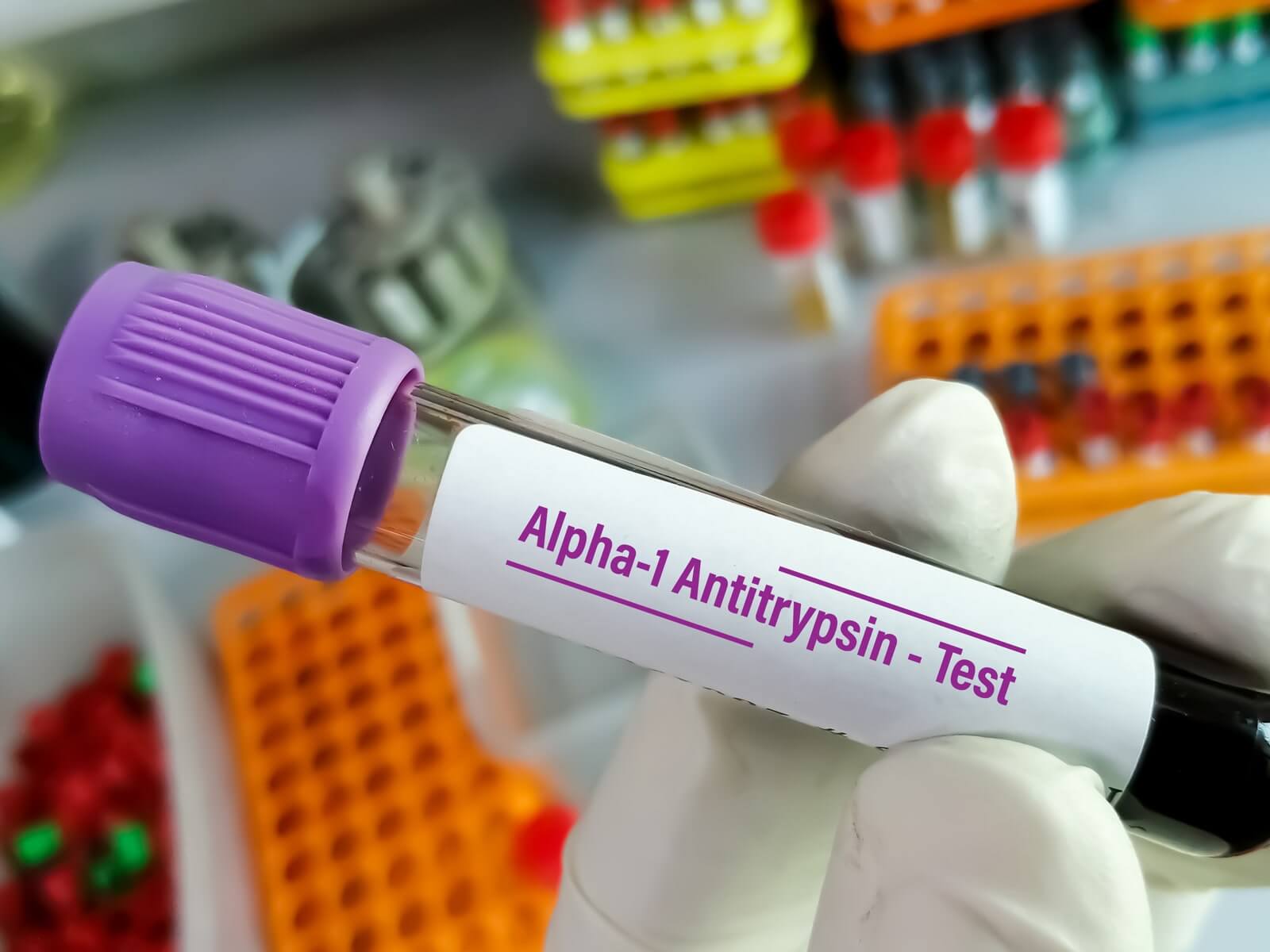
The easiest form of stomach cancer is gastric adenocarcinoma. It starts in the cells that line the inner side of your stomach where it may develop into tumors that spread to the surrounding tissues. Caught early, it is easier to treat and have a better chance of survival as well as to have a wider range of treatments.
Symptoms are non-severe and dismissible at an early stage. Monitoring: In case you find any of these signs that are being maintained, discuss with your physician:
It does not have a single known cause, although a number of factors increase your chances of getting gastric adenocarcinoma:
This is the beginning of your path towards a good digestive health. Schedule an appointment with our gastric adenocarcinoma specialists in Jersey Village today by calling 832-476-1649 or Book Your Appointment Online. At GastroDoxs, we believe in personalized, compassionate care to guide you through diagnosis, treatment, and recovery.
We've successfully treated more than 1.5K patients, helping individuals improve their digestive health and overall well-being through expert, personalized care.
With over 20 years of experience, GastroDoxs has been a trusted provider of gastroenterology care, focusing on delivering the best outcomes for patients
Survival rate varies depending on the stage. Early-stage cancers (stage 1 or 2) detected before spreading can have over 60% five-year survival rates, while late-stage cancers have approximately 20-30% survival rates.
Diagnosis usually involves an upper endoscopy with a biopsy to sample stomach tissue, imaging such as a CT scan to assess spread, and blood tests to evaluate overall health.
Early symptoms may include persistent heartburn or indigestion, feeling full after small meals, unexplained weight loss, nausea, or mild upper abdominal pain.
Causes include long-term Helicobacter pylori infection, chronic gastritis, diets high in salty or smoked foods, smoking, excessive alcohol consumption, and certain genetic predispositions.
Higher-risk groups include adults over 50, individuals with chronic H. pylori infection, a family history of gastric cancer, smokers, and those consuming high amounts of salt in their diet.
Chronic H. pylori infection causes long-term stomach lining inflammation, which can damage cells, promote genetic mutations, and increase the risk of malignant transformation.
Treatment depends on the stage and patient health and may include endoscopic removal for very early tumors, surgical resection (partial or total gastrectomy), chemotherapy, radiation therapy, and in select cases, targeted or immunotherapy.
Yes. For small, localized tumors detected very early, endoscopic mucosal resection or submucosal resection can remove tumors without the need for open surgery.
Contact GastroDoxs in Jersey Village to get a referral. Our local specialists provide rapid diagnosis, personalized treatment plans, and consistent care throughout the treatment process.
Consult a doctor if you experience persistent upper abdominal pain, chronic indigestion or heartburn, early fullness while eating, unexplained weight loss, nausea, vomiting (especially with blood), or black/tarry stools.